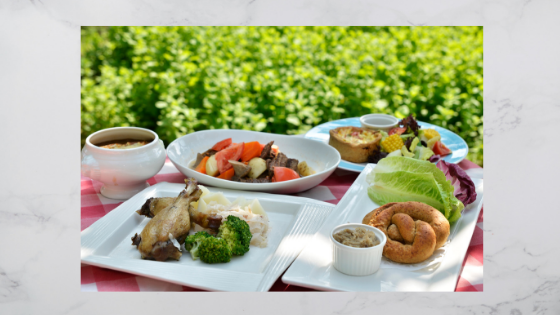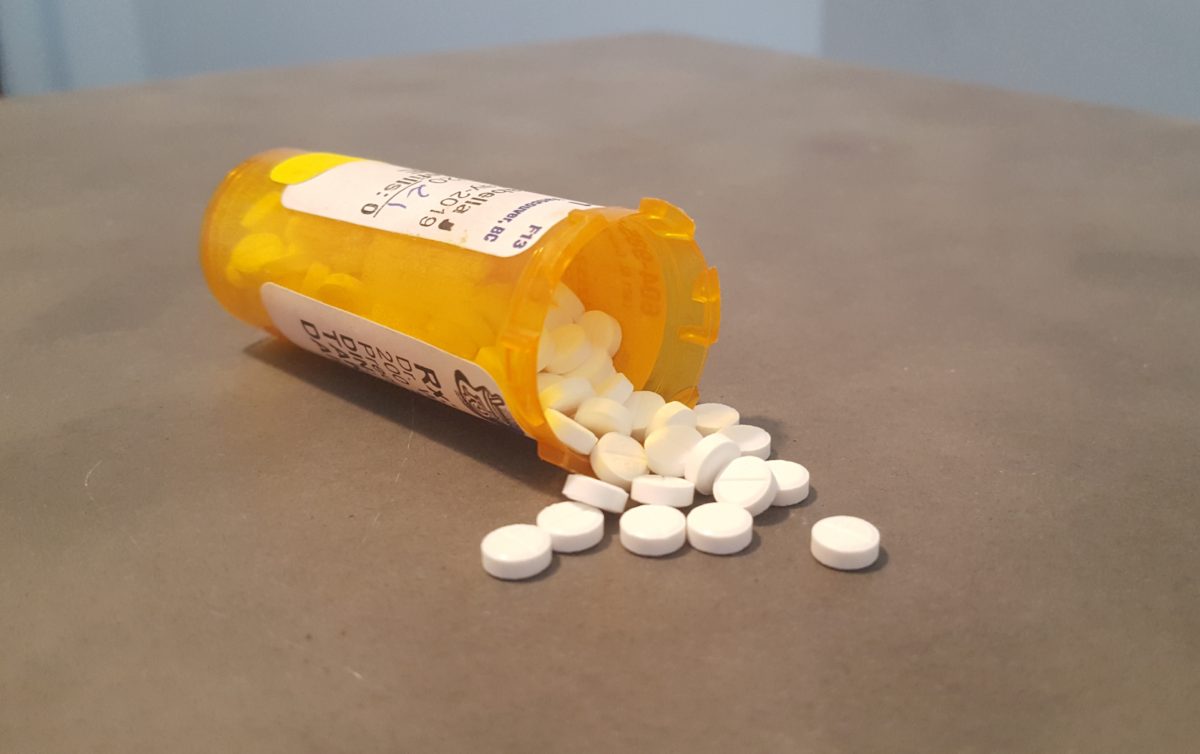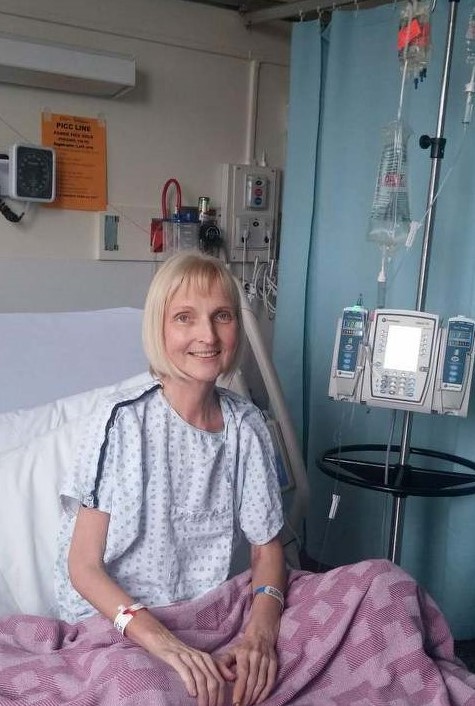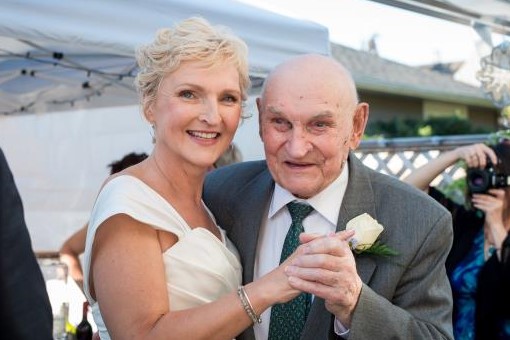Recently I went through a few diagnostic procedures to see what the heck is going on in my guts since they have been quite tempestuous over the past year. Once again landing me in the hospital a number of times. Has something new developed? I had the usual colonoscopy and endoscopy in addition to a capsule endoscopy where you swallow a vitamin-size camera (a very large vitamin, I might add!). The camera spends the next several hours taking pictures as it moves through your intestinal tract. My nurse told me it takes roughly two pictures per second. That’s a lot of selfies!
The results were similar but different. Thankfully, the microscopic colitis is in remission – my colon looks healthy. The inflammation remains in the small intestine with the pathologist’s report results showing that I have refractory celiac disease – or refractory sprue and not collagenous sprue. The difference in part having to something to do with the thickness of the mucosal lining in the intestines.
What Is Refractory Celiac Disease?
So much has yet to be learned about all diseases of the bowels, but being so rare, even less is known about refractory celiac disease (RCD). You can read about some of the medical details and differences between refractory and collagenous sprue and celiac disease here at The Archives of Pathology and Laboratory Medicine but how I see it is that it’s celiac disease on overdrive.
It is a complicated autoimmune disorder, similar to celiac disease, but does not respond to a minimum of six months on a gluten-free diet. The villi in your intestines deteriorate (mine are apparently blunted) and are unable to absorb nutrients and fluids from food. Hence the malabsorption – aka: diarrhea. With RCD the small intestine does not repair and damage continues despite maintaining a gluten-free diet.
There are two types of RCD – Type 2 the more aggressive and difficult to manage can lead to enteropathy-associated T-Cell lymphoma. That sounds frightening – and it is – it does not have a good prognosis.
Somewhere along the line, I have gathered the information that some researchers consider RCD to be a complication of poorly controlled celiac disease and yet others find that the disorder has its own particular features. (I have recently read so many reports and cannot remember or am unable to find the source of said information so please do your own research too.) Research has also found that the bulk of onset of the disease is in your 50s and the incidence in women is higher than in men. Yay me! Not a criteria I really wanted to fit in to.
What next?
For me, the new diagnosis is a somewhat ‘six of this and half a dozen of the other’. The symptoms are the same, the prognosis is similar and the treatment is the same. The fact remains that I am not able to tolerate or am allergic to the therapies that are known to work. Other than Prednisone as I’ve mentioned in a previous post.
Still, I am not disheartened. Over the years my blood tests have always come back negative for celiac disease. Therefore, this new diagnosis of RCD did come as a bit of a surprise, but it may be a bit of a silver lining. Well, that’s how I choose to look at it anyway.
In searching for information on RCD, I came across a vaccine that has been developed and in clinical trials for the treatment of celiac disease – Nexvax2. The vaccine works for patients that carry the HLA-DQ2 gene which most celiac patients have. Beginning with small and then gradually increasing doses, the vaccine is meant to help the body build up a tolerance to gluten.
In this case, I’m happy to fit the criteria! Along with the aforementioned endoscopies and colonoscopy, I was tested to see if I carry the HLA-DQ2 gene and I do.
So for now, I’ll keep on as I am and excited and hopeful for new therapies in the future.







